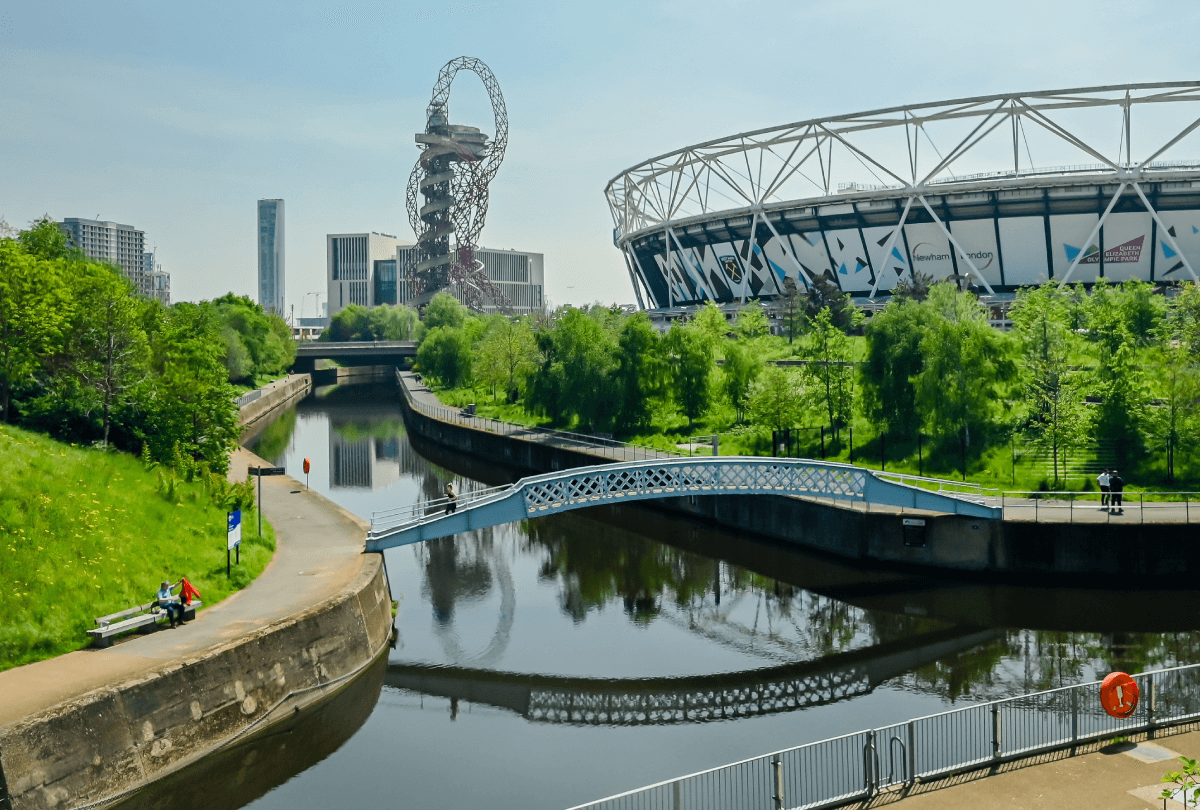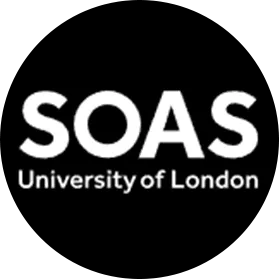OUR IMPACT
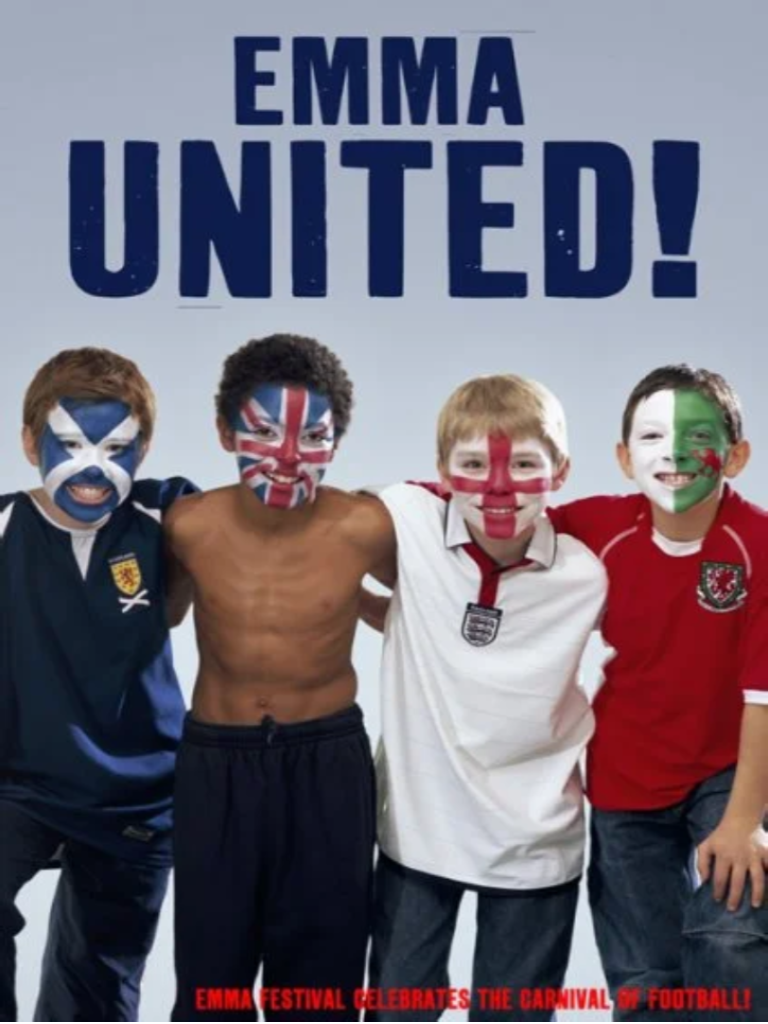
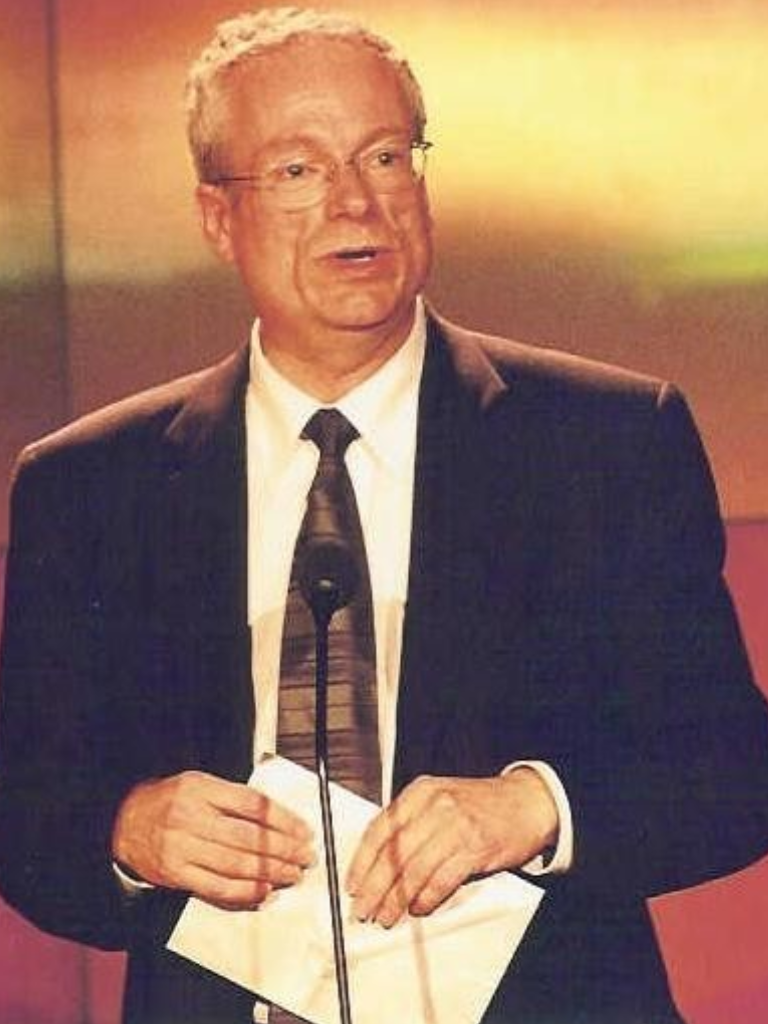
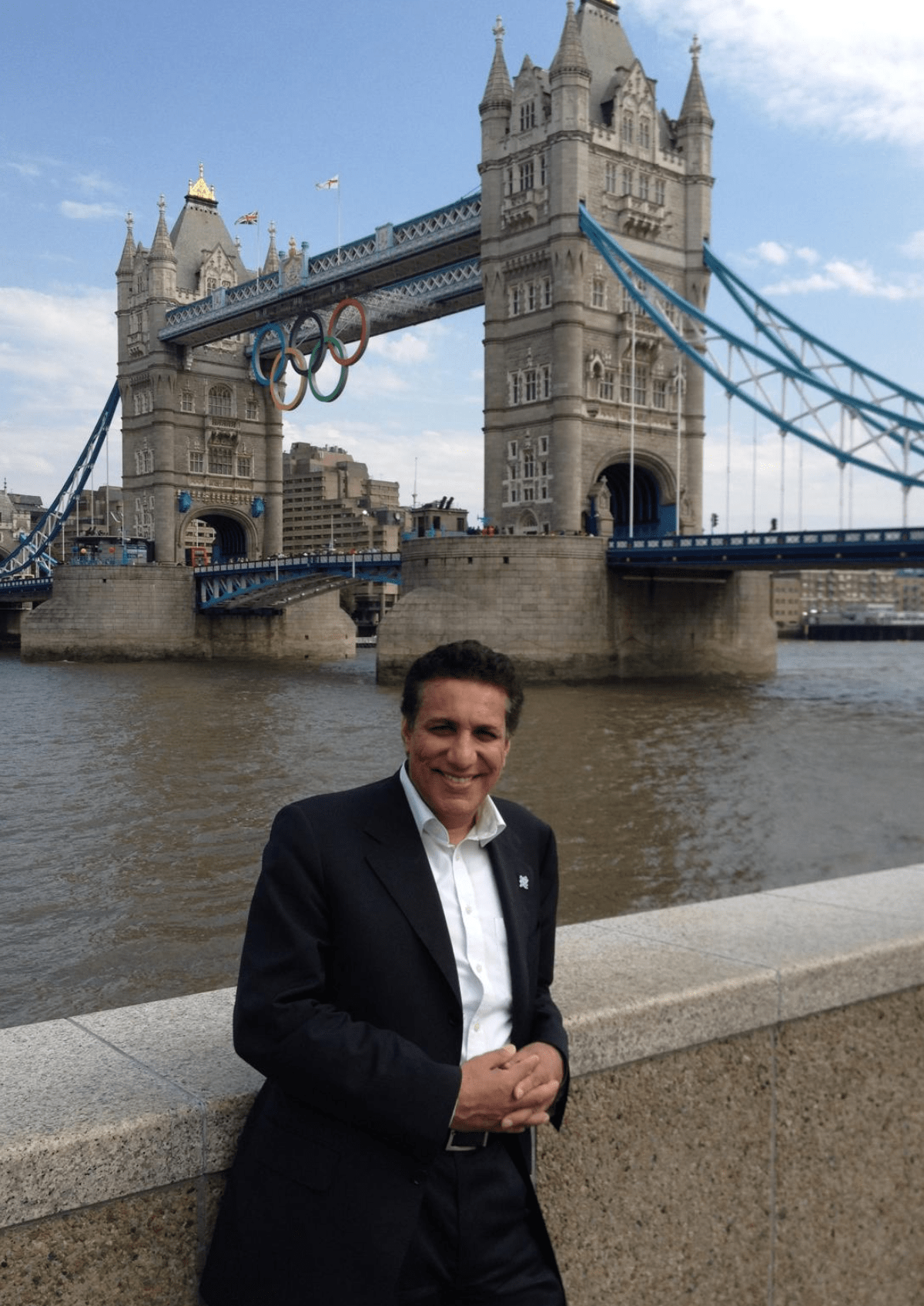
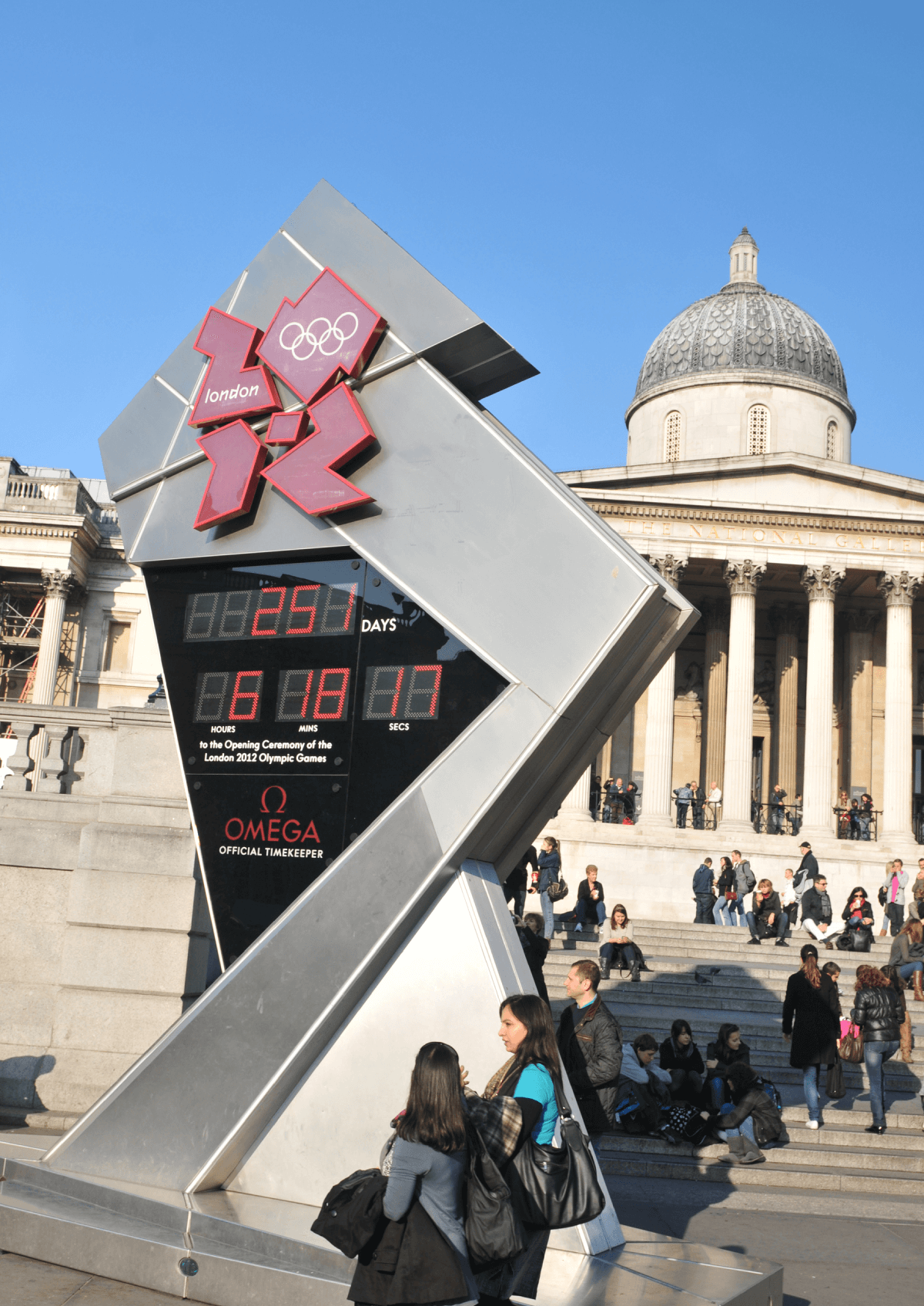

EMMA helped to address our collective need for us all to understand the importance of ‘Multicultural values’ for a better society that promotes global social cohesion. The Cambridge Dictionary defines ‘multicultural’ as meaning ‘including people who have many different customs and beliefs – Britain has become a Multicultural society due to its colonial history and the riches it gained from its previous empire’. British society and language has developed over generations for the better in some places due to the Multicultural influence from its history, whether its food, and trade that enriched many from this island. It would be a disaster to dismantle the centuries of progress.
EMMA was formed in 1997 to ultimately promote the ‘Power of Inclusivity’ through our proper definition of Multiculturalism. We achieved this through our numerous groundbreaking Media campaigns with the support of many stakeholders, from a diverse background. As a Multicultural think tank, we offer expert consultancy, training, and seminars on how social inclusion should occur toward better business practice that will build a stronger community for any Government and Corporation.
EMMA has won numerous advertising awards through our various Saatchi & Saatchi and other Ad agencies for our Multicultural campaigns. With this in mind, EMMA is a full-service Media company that offers clients a bespoke service for companies and governments to increase business value with economic growth. There has been this willingness to go beyond the traditional approach to promote Equality & Inclusion by defining Multicultural values that EMMA have promoted in our many Ad campaigns.
EMMA has been at the forefront of defining our British culture, which unites all races, colours, and religions through a shared social value, and promote it through the most powerful industrial sector: the creative industry. EMMA was one of the first to define the creative industry publicly. As pioneers, EMMA has consistently displayed vision.
The EMMA Show on ITV and BBC was the first-ever global Creative Industries TV showcase, which defined our creativity through EMMA’s multicultural values. This was especially relevant to our growing urban community, one that strayed away from the usual ghetto stereotypes. We helped make London a central Metropolitan hub, with a Cosmopolitan lifestyle that contrasted from those gated communities that had created their own social enclave. We at EMMA believe that a richly diverse cultural base is important, rather than a socially internal culture based upon a sense of mono racial exclusion, hence, EMMA has promoted a cosmopolitan lifestyle as our culture.
The Department for Culture, Media and Sport (DCMS) was formed in 1997 the same year as EMMA was founded, reflecting the importance of the ‘Creative Industries’. The DCMS published its Creative Industry Mapping Documents in 1998; at the same time, EMMA conducted the first-ever creative industry show, which emphasised the need to recognise multiculturalism at its core, as this is where innovative ideas and initiatives are developed through cultural evolution. So often, the few claiming the ideas from the many have created this mono-culture to amplify their racist views. EMMA was grateful that the DCMS had supported EMMA’s idea and vision with the attendance of the Secretary of State for DCMS, the Rt. Hon. Chris Smith, MP. This led to Britain winning the bid in 2005 to host the London 2012 Multicultural Olympic Games.
The London 2012 Olympic Games, often described as the most Multicultural Games in modern history, had a profound impact on British society by celebrating diversity, boosting the economy, and reshaping the UK’s global image. The Games highlighted Britain’s multicultural identity, with athletes from over 200 nations competing in London and communities across the UK engaging in events that embraced cultural inclusivity. The opening ceremony itself, directed by Danny Boyle, placed a strong emphasis on Britain’s multicultural makeup, blending traditions, music, and modern representation of a diverse nation. This helped reinforce the idea that Britain was a welcoming, global country where people of all ethnic, religious, and cultural backgrounds could feel represented.
Economically, London 2012 brought a significant financial windfall. The Games cost around £9 billion to stage, but official government reports estimate that the long-term economic benefit reached over £14 billion within the first two years alone, including new trade, inward investment, and infrastructure projects. London, in particular, saw a direct surge in spending from tourism, with around 590,000 overseas visitors specifically coming for the Olympics and Paralympics, contributing approximately £1.4 billion to the UK economy during the Games period. The event also boosted London’s hospitality and retail sectors, with hotels, restaurants, and transport services experiencing some of their highest revenues to date.
The impact on tourism extended well beyond the Games themselves. London 2012 acted as a powerful marketing campaign for Britain, showcasing the capital as a modern, diverse, and vibrant city. The “post-Games effect” saw sustained increases in international visitors, with VisitBritain reporting that the Games helped attract an additional 10 million tourists between 2012 and 2016, generating billions in revenue. The Games also left behind improved infrastructure such as Stratford’s Queen Elizabeth Olympic Park, the upgraded transport networks, and regenerated areas of East London, all of which became long-term attractions that boosted both domestic and international tourism.
Socially, the multicultural spirit of the Games helped foster national unity at a time when Britain was grappling with issues of identity and integration. The sight of athletes like Mo Farah, Jessica Ennis-Hill, and Nicola Adams – from diverse ethnic and cultural backgrounds – becoming national icons reinforced the idea that Britishness is not tied to one race, religion, or heritage, but is instead inclusive and multifaceted. This celebration of diversity not only inspired younger generations but also positioned Britain as a world leader in staging inclusive, multicultural global events.
The London 2012 Olympics had a lasting impact on British society by celebrating multiculturalism, strengthening national pride, and leaving a positive economic and tourism legacy. It brought in billions for the capital, revitalised East London, boosted long-term tourism, and helped redefine Britain’s global image as a modern, diverse, and welcoming nation. All this had started from EMMA’s own formation back in 1997.
